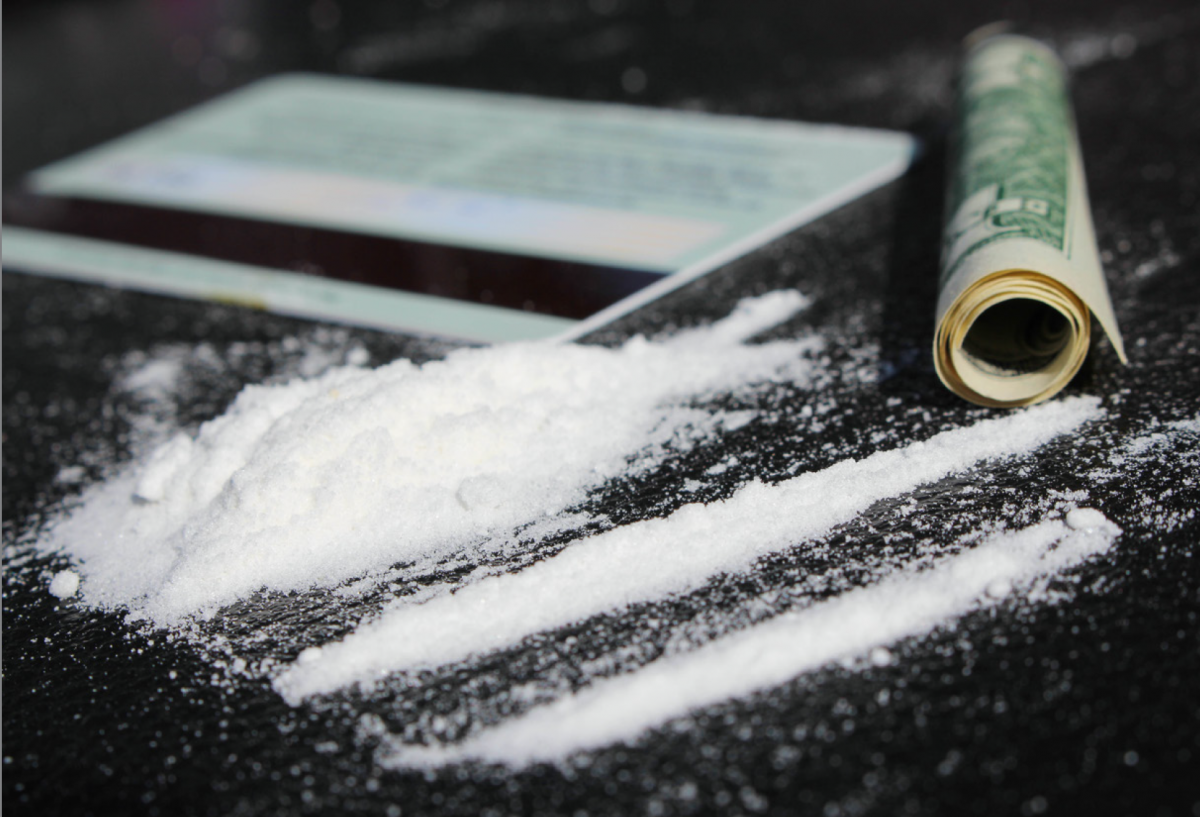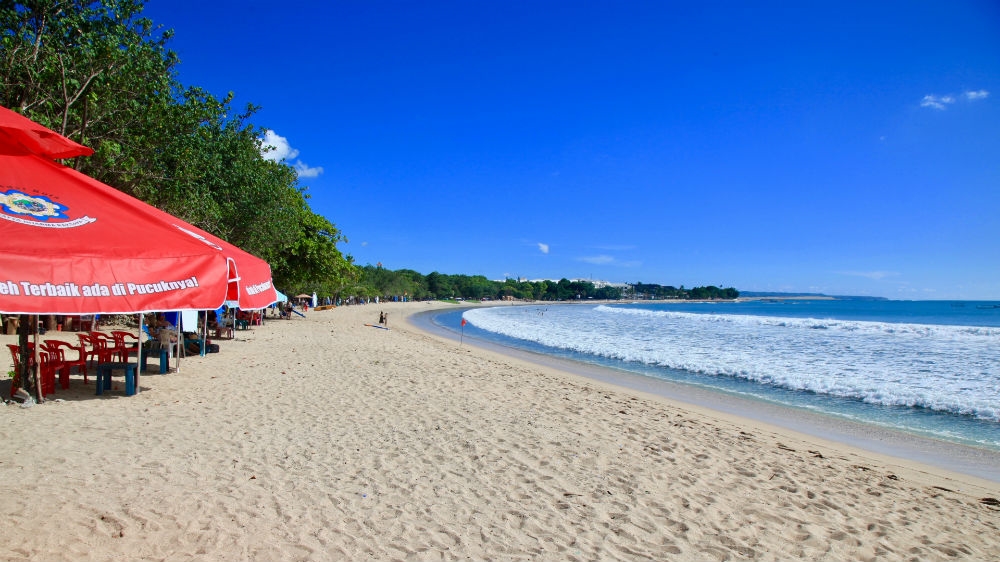It's a very big deal, but it's not what you think.
In another historic development for the Kingdom of Thailand, the Thai government has just passed a new Public Health Ministry regulation, allowing for the sale and possession of Category 2 narcotics, which includes 102 different substances.
In this category are drugs such as cocaine, morphine, and opium. The regulation was announced in the Royal Gazette, with an official declaration of decriminalisation of all Category 2 drugs for scientific and medical research and uses only.

Although news of the legalisation of potential 'party drugs' may motivate some to start booking their holiday tickets to Bangkok, it's not a free-for-all drugfest! The National Thailand reported that all sale and possession of Category 2 substances by Thailand's 1979 Narcotics Act may only be sold and used under specific limitations, and only with granted approval.
It also mentions that official approvals for sale and possession will only be granted to scientific and medical organisations, as well as government organisations, pharmaceutical firms, and health centres.
This latest proclamation has been hailed by drug reform advocates as an notably progressive move by the Thai government, especially after legalising marijuana for medical and research purposes back in 2018, and it continues to shine a positive light on the Southeast Asian country for changing their mindset towards the real problems surrounding drug abuse and rehabilitation.
" ExpatGo welcomes and encourages comments, input, and divergent opinions. However, we kindly request that you use suitable language in your comments, and refrain from any sort of personal attack, hate speech, or disparaging rhetoric. Comments not in line with this are subject to removal from the site. "
Comments
Talks are reaching ever-higher levels, but will we see any real results in the near future?
Leaders from the member states of the Association of Southeast Asian Nations (ASEAN) convened – virtually, that is – on November 12 for their bi-annual summit, and one item near the top of the agenda was the creation of travel bubbles, the name given to reciprocal travel arrangements between countries that enable travellers to utilise special protocols to permit and speed up travel.

The plan is being discussed and would hopefully see 'green lanes' and special health measures put into place to facilitate an increase in travel and enable a degree of economic recovery across the region.
Singapore and Hong Kong have already formalised their own travel bubble, which is set to begin on November 22, though it will take some time to gauge how effective it is and what any potential pitfalls there may be. (Update: Due to a new surge of Covid-19 cases in Hong Kong, the travel bubble was postponed less than 24 hours before it was set to launch.)
A regional travel bubble presents a much broader scope and a significantly greater challenge, not least because of the widely varying degrees of Covid-19 severity among the ASEAN member states. For example, Vietnam has seen a rather extraordinary level of success handling the virus, and they, along with Singapore, have reopened their economies to a substantial extent. Indonesia, however, is struggling, with new cases surging in more recent weeks, at one point reaching 4,000 per day.

Malaysia, too, is seeing serious cracks appear in its previously enviable record of containing the crisis, with a dozen days in the last month recording new cases at or over 1,000, and active cases soaring from about 150 in early September to over 13,000 today.
There is also conversation about just how reliable some of the figures are (in some countries), and what measures might be enacted to verify and validate those numbers.
As far back as July, people were discussing the challenges inherent in a multinational, regional travel bubble, and journalists were speculating on what steps might need to be taken in order to make such a thing workable. Well, folks, it's now almost December, and it frankly doesn't seem we're a whole lot closer to this particular bubble.
So the problem of how to create a region-wide travel bubble seems to be one with no easy solution. Nevertheless, being a top-line agenda point at the ASEAN summit is encouraging, and some of the governments of ASEAN are still pushing for a travel bubble to be in place within the first three months of 2021, perhaps with variable restrictions or procedures for different countries.
Indonesian President Joko Widodo is perhaps one of the leading advocates for a regional travel bubble, according to Bloomberg, something of a cruel irony given that his country has the most Covid-19 cases in Southeast Asia, with only the Philippines anywhere near Indonesia's count. "The people can't wait for much longer, they want to see our region revive," Widodo said.
The case numbers in Indonesia have skyrocketed since September, increasing by over 50%. Currently, the sprawling country of over 17,000 islands and 273 million people has logged 483,500 cases and 15,600 deaths.
The cumulative number of cases in ASEAN countries (with current active cases in parentheses) is as follows:
| COUNTRY | Total Cases | Active Cases |
| Indonesia | 483,518 | 61,306 |
| Philippines | 415,067 | 31,805 |
| Myanmar | 74,882 | 17,573 |
| Singapore | 58,143 | 63 |
| Malaysia | 51,680 | 13,222 |
| Thailand | 3,892 | 87 |
| Vietnam | 1,304 | 127 |
| Cambodia | 304 | 13 |
| Brunei | 148 | 0 |
| Laos | 25 | 2 |

While a regional agreement is possibly in the works, governments are for now resorting to one-off bilateral agreements. Singapore, for example, has already established so called 'green lanes' for travellers from 10 countries, including ASEAN members Brunei, Indonesia, Malaysia, and Vietnam, according to its border agency.
Typically, such agreements have myriad restrictions, oftentimes a cap on number of people permitted in a given time period, and rather onerous requirements. It's safe to say that these so-called 'fast lanes' or 'green lanes' in no way encourage (or sometimes even permit) leisure travel, but are generally meant for more critical government- and business-related visits.
So while it's certainly good that the governments of ASEAN are having high-level discussions on this matter, for the average casual tourist hoping for a region-wide travel bubble soon that would allow us to once again easily hop from Malaysia to Thailand or Cambodia or Vietnam for a quick getaway, we can at this time give only this advice:
Don't hold your breath.

" ExpatGo welcomes and encourages comments, input, and divergent opinions. However, we kindly request that you use suitable language in your comments, and refrain from any sort of personal attack, hate speech, or disparaging rhetoric. Comments not in line with this are subject to removal from the site. "



Inga kommentarer:
Skicka en kommentar